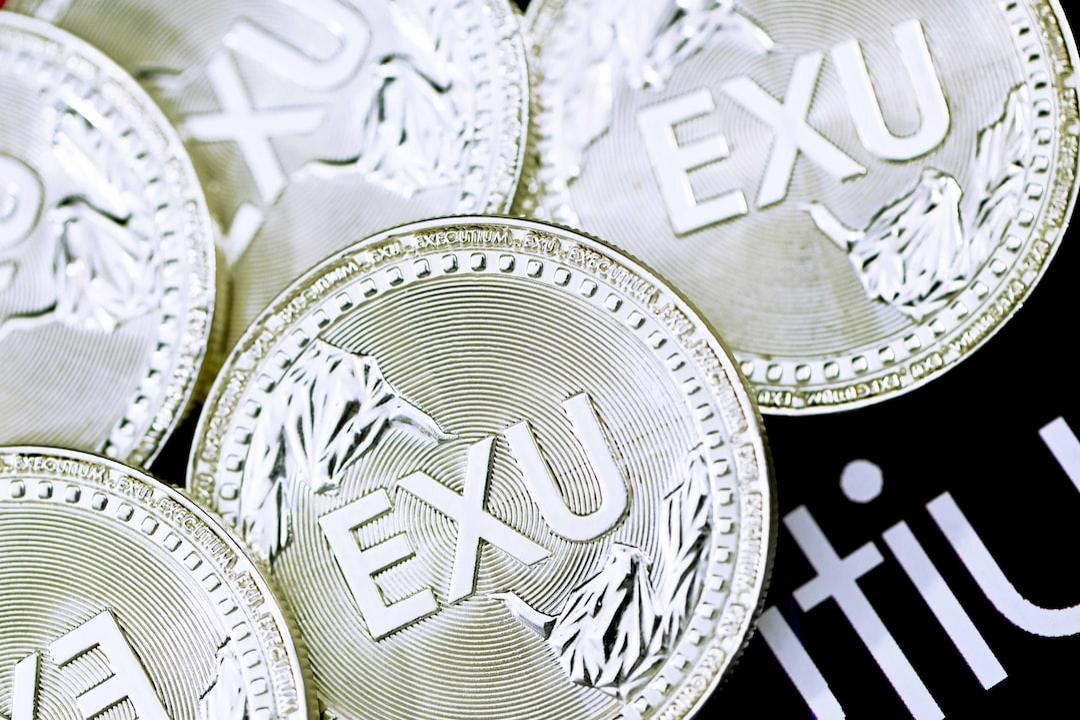What Happened?
Following the implementation of the MiCA framework in Europe, Google immediately required cryptocurrency advertisers to obtain MiCA or CASP licenses and Google certification in order to advertise in Europe. This strategy aims to enhance investor protection and market transparency, but it has also raised concerns about potential over-regulation, increased compliance costs for small exchanges, and stifling of innovation.
After demanding Google Play to take action, the South Korean government further requested Apple’s App Store to remove/block apps from unregistered overseas cryptocurrency exchanges (such as KuCoin and MEXC) to prevent money laundering and protect users. Unregistered operations will face criminal penalties, highlighting South Korea’s determination to strengthen regulations amid the high penetration of cryptocurrencies.
Whether it is Europe’s advertising regulations or South Korea’s direct blocking, it reflects a global trend of tightening regulations on cryptocurrency exchanges, aiming to incorporate regulation, protect investors, and prevent money laundering. This presents compliance challenges for exchanges (especially small to medium-sized ones), but in the long run, it will help the healthy development of the industry, and future compliance capability will be key to the survival of exchanges.
New Advertising Regulations under the EU MiCA Framework: Google Takes the Lead
As the cryptocurrency market develops and becomes more widespread, governments and regulatory bodies around the world are intensifying their oversight and compliance requirements for cryptocurrency exchanges with unprecedented force.
Europe is at the forefront of cryptocurrency asset regulation, with its Markets in Crypto-Assets (MiCA) framework set to be implemented in December 2024, establishing the first comprehensive regulatory system for digital assets across the EU.
In response to MiCA, tech giant Google recently announced an update to its advertising policy. Starting from April 23, cryptocurrency exchanges and wallet service providers advertising in Europe must obtain licenses according to the MiCA framework or the national “Crypto Asset Service Provider (CASP)” regulations, while also complying with local legal requirements (which may exceed the national limits of MiCA) and obtaining Google certification.
This policy applies to most EU countries, including France, Germany, Italy, and Spain.
However, this policy is seen as a “double-edged sword.” Bitget’s Chief Legal Officer Hon Ng believes that by filtering out unregulated operators and requiring compliance with MiCA’s stringent anti-money laundering/counter-terrorism financing (AML/CFT) and transparency requirements, it can indeed enhance investor protection and reduce the risk of scams similar to the “Initial Coin Offering (ICO)” craze before 2023, thereby establishing a safer ecosystem.
On the other hand, there are concerns that if this policy lacks flexible enforcement, it could be “too strict.” Ng notes that due to the varying transition periods for national licenses across countries, Google’s policy may create “temporary enforcement gaps.” Additionally, compliance costs pose a significant challenge; the capital requirements under MiCA and the “dual certification” from Google and local regulators may make it difficult for small exchanges to bear, potentially stifling innovation.
Mattan Erder, the legal advisor of blockchain network Orbs, further argues that Google’s move might be more about “protecting itself from liability” rather than genuinely protecting investors. He emphasizes that if the registration process for MiCA or CASP is cumbersome and expensive, only large players will be able to afford it, making competition for small operators in these regions very challenging.
South Korea Strengthens Enforcement: Blocking Unregistered Overseas Exchange Apps
Meanwhile, in Asia, the South Korean Financial Services Commission (FSC) is actively expanding the ban on unregistered digital asset companies providing services to its domestic citizens.
Following the March 26 demand for Google Play to remove multiple unregistered exchange apps, the South Korean FSC announced on April 11 that it has requested Apple’s App Store to block the applications of an additional 14 cryptocurrency exchanges, including well-known platforms such as KuCoin and MEXC.

Google Play has blocked 17 cryptocurrency exchanges.
Image / FSC
The Financial Intelligence Unit (FIU) of South Korea indicated that these blocked exchanges are suspected of operating in Korea as unregistered overseas virtual asset operators. To prevent money laundering activities and protect users from harm, the FIU will continue to push for the blocking of these operators’ apps and websites. Users who have installed these apps will not be able to update them.
In South Korea, operators engaged in the sale, brokerage, management, and storage of cryptocurrencies must report to the FIU, or they will face penalties. According to the FSC, unreported business activities are considered criminal offenses in South Korea, with a maximum sentence of five years in prison and fines of up to 50 million Korean won (approximately $35,200).
Previously, the FIU and FSC had already considered sanctions against cryptocurrency exchanges that are not registered locally, including blocking access to their applications. It is noteworthy that the cryptocurrency adoption rate in South Korea is reaching a “saturation point.” As of March 31, the number of users on cryptocurrency exchanges in the country has exceeded 16 million, accounting for over 30% of the total population, and it is expected to surpass 20 million by the end of 2025. More than 20% of South Korean public officials even own cryptocurrencies. Such a high market penetration rate further emphasizes the necessity and urgency of strengthening regulations.
From Europe to Asia, regulatory bodies are adopting different measures, but with a unified goal: to bring the cryptocurrency market under a more rigorous regulatory framework. This poses a severe challenge for cryptocurrency exchanges, especially small to medium-sized platforms. They need to invest substantial resources to meet the licensing, capital, and technical requirements of different jurisdictions while also coping with a rapidly changing regulatory environment.
However, in the long run, strengthening regulation helps improve market transparency, build investor confidence, and promote the healthy development of the industry. In the future, the ability to effectively address compliance challenges will be a key factor for cryptocurrency exchanges to survive and thrive in the global market. Regulatory bodies also face the ongoing challenge of finding a balance between risk prevention, investor protection, and encouraging financial innovation.
References: cointelegraph, cointelegraph

